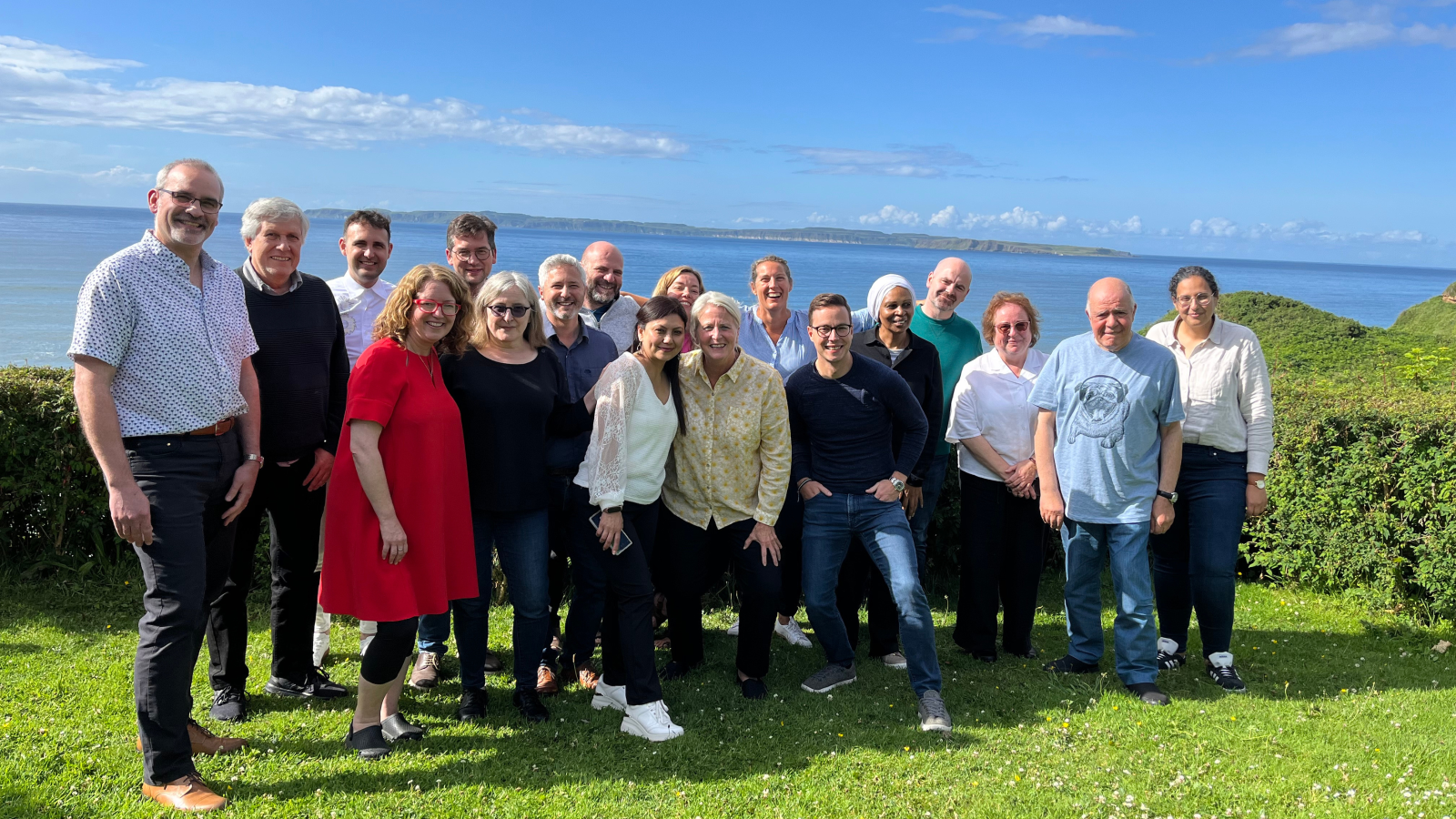Transitioning from Violence (TfV)
Overview
The Transitioning from Violence (TfV) international consortium catalyzes scholars, policymakers, and practitioners to support communities in transition. The overall programmatic aims include:
- Co-analyzing and co-producing research and knowledges with and between Global South and Global North scholars, policymakers, and practitioners working internationally at local levels.
- Facilitating the development of a shared research, policy, and practice agenda to better address persistent challenges and identify existing gaps in knowledge(s).
- Connecting people working on a common theme, creating communities of practice and research working groups to strengthen locally informed, evidence-based research, policies, and program interventions.
The TfV international consortium is led by the Mershon Center for International Security Studies’ Associate Director Teri Murphy and a global advisory committee. The thematic foci for 2024-2026 include:
- Post Agreement Reconciliation: A Comparative of Northern Ireland, Colombia, and Bosnia (ongoing)
- Ritual and Peace (ongoing)
- Searching for the Disappeared in Post Final Accord Colombia (ongoing)
- Pro State Disengagement and (Re)integration after Violent Conflict (completed 2025)
Current Advisory Organizations: United States Institute of Peace, Northern Ireland Executive, the Corrymeela Community, Ulster University, Bradford University, Pontificia Universidad Javeriana Bogotá, Unidad de Búsqueda de Personas Dadas Por Desaparecidas (Unit for the Disappeared - Colombia)
2024-26 Thematic Focus
We believe rituals can play an important role in supporting the international community’s efforts to stabilize societies experiencing or recovering from conflict. Their power to speak to people on an emotional, psychological, and spiritual level, using their own cultural tradition means that rituals have a unique ability to engage divided communities. While they alone cannot address long histories of violence and deep-seated issues of conflict, they can work as part of a spectrum of interventions linking to sustaining peace, social cohesion, and development.
Our inquiry is designed to help peacebuilding scholars and practitioners document what they are doing, reflect on their practice, grapple with the dilemmas facing them, make their learning accessible to others, and build a bridge to others who work through more formal modes of global security and stability.
Some of the specific objectives for 2024-2026 include:
- Convening peace practitioners who use formal and informal rituals to encourage social reconciliation after political violence and learning from their practices.
- Facilitating research/policy working groups to focus on a particular type of ritual such as (re)integration or narrative; co-producing academic research and policy recommendations.
- Hosting on-going learning platforms and public-facing events.
- Developing and articulating theories of change through ritual practices, explaining how and why they (might) support social transformation.
- Exploring if there are general principles, ethics, and strategies to guide ritualizing peace practices.

